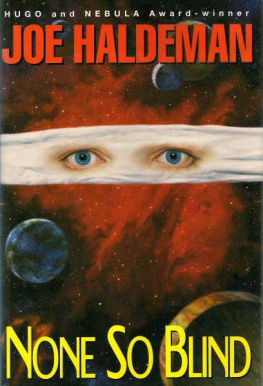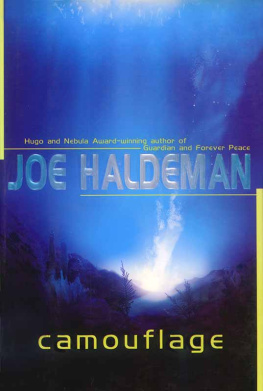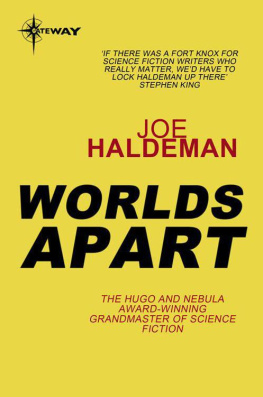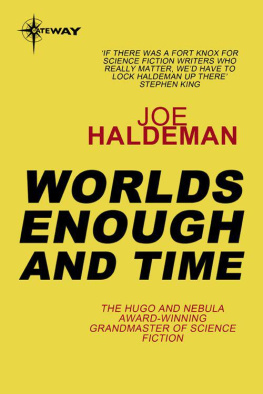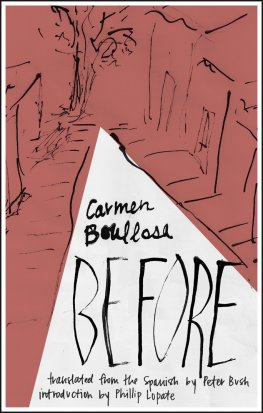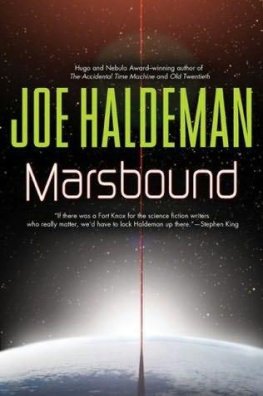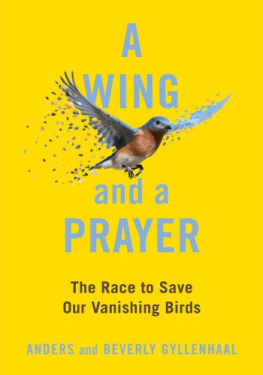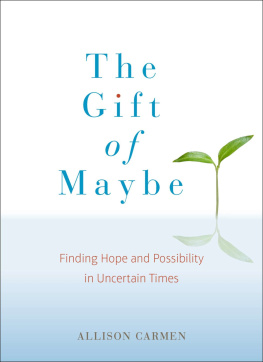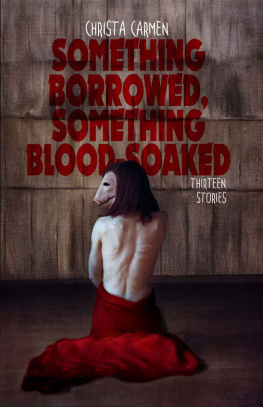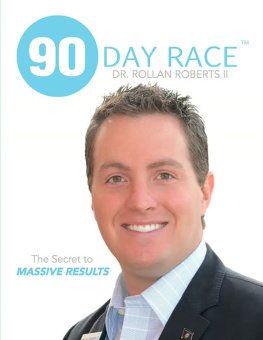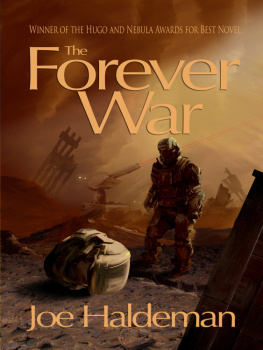For Gay, Judith, and Susan: Muses, Graces

An hour after my children were born, we went up to the new lounge to have a drink.
You couldnt have done any of that on the Mars I first knew, eleven years ago. No drink, no lounge, no childrenleast of all, children born with the aid of a mother machine, imported from Earth. All of it courtesy of free energy, borrowed energy, whatever they wind up calling it. The mysterious stuff that makes the Martians machines work.
(And is, incidentally, wrecking Earths economies. Which had to be wrecked, anyhow, and rebuilt, to deal with the Others.)
But right now I had two gorgeous new babies, born on Christmas Day.
You could call the girl Christina, Oz suggested helpfully, and the boy Jess. Oz is sort of my godfather, the first friend I made in Mars, and sometimes its hard to tell when hes joking.
I was thinking Judas and Jezebel myself, Paul said. Husband and father.
Would you two shut up and let me bask in the glow of motherhood? The glow of the setting sun, actually, in this new transparent dome, looking out over the chaos of construction to the familiar ochre desert that was more like home now than anyplace on Earth.
It wasnt much like conventional motherhood, since it didnt hurt, and I couldnt pick up or even touch the little ones yet. On their birth day, they were separated from the machines umbilicals and began to ease into real life. As close to real life as they would be allowed to experience for a while.
Josie, Ozs love, broke the uncomfortable silence. Try to be serious, Oswald. She gave Paul a look, too.
A bell dinged, and our drinks appeared on a sideboard. Paul brought them over, and I raised mine in toast. Heres to whats- her-name and whats-his-name. We do have another week. Actually, there was no law or custom about it yet. These were the first, numbers one and two in a batch of six, the only twins.
Children born naturally in Mars hadnt done well. They all got the lung crap, Martian pulmonary cysts, and if they were born too weak, they died, which happened almost half the time. When it was linked to an immune system response in the womb, in the third trimester, they put a temporary moratorium on natural births and had the mother machine sent up from Earth.
Paul and I had won the gamete lottery, along with four other couples. For all of us, the sperm and ova came from frozen samples wed left on Earth, away from the radiation bath of Mars.
I felt a curious and unpleasant lightness in my breasts, which were now officially just ornaments. None of the new children would be breast-fed. None of them would suffer birth trauma, either, at least in the sense of being rammed through a wet tunnel smaller than a babys head. There might be some trauma in suddenly having to breathe for oneself, but so far none of them had cried. That was a little eerie.
They wouldnt have a mother; I wouldnt be a mother, in any traditional sense. Only genetically. Theyd be raised by the colony, one big extended family, though most of the individual attention they got would be from Alphonzo Jefferson and Barbara Manchester, trained to run the creche, about to more than double in population.
My wine was too warm and too strong, made with wine concentrate, alcohol, and water. They look okay. But I cant help feeling cheated.
Josie snorted. Dont. Its like passing a loaf of hard bread.
Not so much the birth itself, as being pregnant. Is that weird?
Sounds weird to me, Paul said. Sick all the time, carrying all that extra weight.
I liked it, Josie said. The sickness is just part of the routine. I never felt more alive. She was already 50 percent more alive than a normal person, a lean, large athlete. But that was on Earth, she conceded.
Oh, hell. I slid my drink over to Paul. I have to take a walk.
Nobody said anything. I went down to the dressing room and stripped, put on a skinsuit, then clamped on the Mars suit piece by piece, my mind a blank as I went through the rote safety procedure. When I was tight, I started the air and clomped up to Air Lock One. I hesitated with my thumb on the button.
This was how it all began.
Carmen Dula never set out to become the first human ambassador to an alien race. Nor did she aspire to become one of the most hated people on Earthor off Earth, technicallybut which of us has control over our destiny?
Most of us do have more control. It was Carmens impulsiveness that brought her both distinctions.
Her parents dragged her off to Mars when she was eighteen, along with her younger brother Card. The small outpost there, which some called a colony, had decided to invite a shipload of families.
A shitload of trouble, some people said. None of the kids were under ten, though, and most of the seventy- five people living there, in inflated bubbles under the Martian surface, enjoyed the infusion of new blood, of young blood.
On the way over from Earth, about halfway through the eight-month voyage, Carmen had a brief affair with the pilot, Paul Collins. It was brief because the powers-that-be on Mars found out about it immediately, and suggested that at thirty-two, Paul shouldnt be dallying with an impressionable teenaged girl. Carmen was insulted, feeling that at nineteen she was not a girl and was the only one in charge of her body.
The first day they were on Mars, before they even settled into their cramped quarters, Carmen found out that the powers-that-be were one single dour power, administrator Dargo Solingen. She obviously resented Carmen on various levels and proceeded to make the Earth girl her little project.
It came to a head when Dargo discovered Carmen swimming, skinny-dipping, after midnight in a new water tank. She was the oldest of the six naked swimmers, and so took the brunt of the punishment. Among other things, she was forbidden to visit the surface, which was their main recreation and escape, for two months.
She rankled under this, and rebelled in an obvious way: when everyone was asleep, she suited up and went outside alone, which broke the First Commandment of life on Mars, at the time: Never go outside without a buddy.
Shed planned to go straight out a few kilometers, and straight back, and slip back into her bunk before anyone knew she was gone. It was not to be.
She fell through a thin shell of crust, which had never happened before, plummeted a couple of dozen meters, and broke an ankle and a rib. She was doomed. Out of radio contact, running out of air, and about to freeze solid.
But she was rescued by a Martian.
Humans call me Fly-in-Amber, and I am the Martian best qualified to tell the story of how we made contact with humans.
I will put Martian in quotation marks only once. We know we are not from Mars, though we live here. Some of the humans who live here also call themselves Martians, which is confusing and ludicrous.
We had observed human robot probes landing on Mars, or orbiting it, for decades before they started to build their outpost, uncomfortably close to where we live, attracted by the same subterranean (or subarean) source of water as those who placed us here, the Others.
With more than a century to prepare for the inevitable meeting, we had time to plan various responses. Violence was discussed and discarded. We had no experience with it other than in observation of human activities on radio, television, and cube. You would kick our asses, if we had them, but we are four-legged and excrete mainly through hundreds of pores in our feet.


